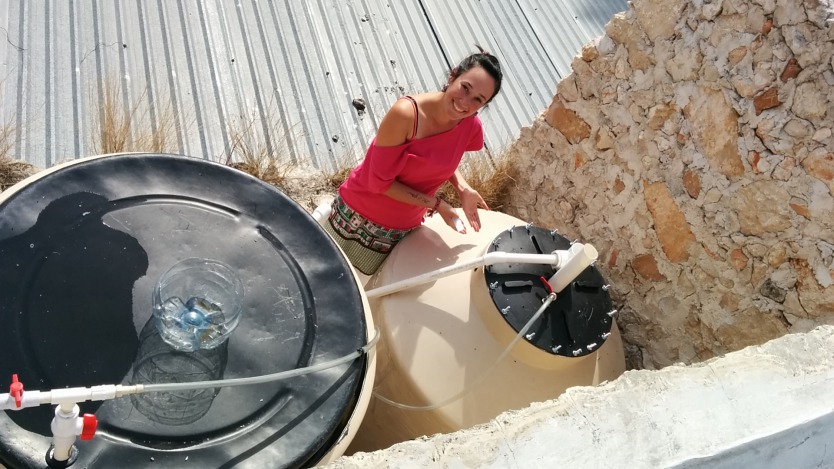
by Janice Kelsey | Apr 30, 2020 | North America, Our Projects
January 2, 2015 By nightfall on Monday, December 29th, 2014, just as the downpour of rain started, we miraculously finished building the Yucatan’s first urban biogas digester. For this digester, we used our Solar CITIES modification to the ARTI design. On the...
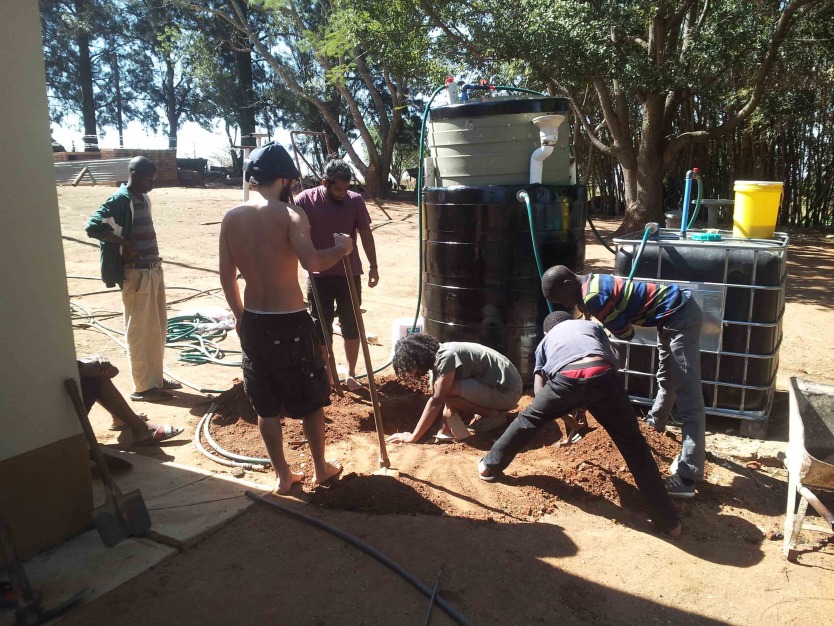
by Janice Kelsey | Apr 30, 2020 | Africa, Our Projects
August 26, 2014 Simon, the grandfather of Sakhiwe Songhe who helped us build the digester at Sundowner’s Backpackers Lodge, lives on a farm in Swaziland outside Manzini where he has fruit orchards and keeps cattle, geese, and chickens. It is here that...
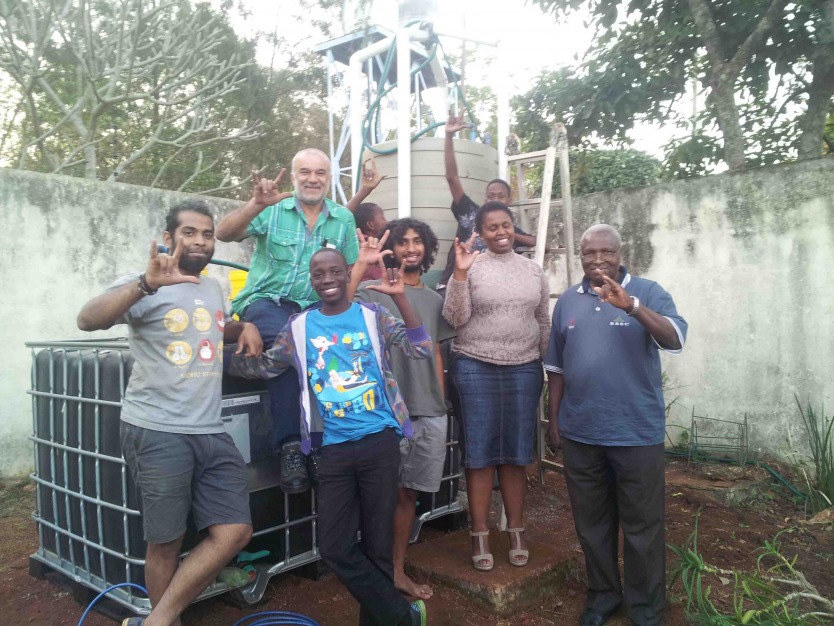
by Janice Kelsey | Apr 30, 2020 | Africa, Our Projects
August 24, 2014 Dr. T.H. Culhane, Rohit Fenn, and Amit Fenn traveled to Swaziland to work with Science in Action winners Sakhiwe Shongwe and Bonkhe Mahlalela. Rohit is a young man from India who designed a more efficient toilet and Amit is an evolutionary biologist...
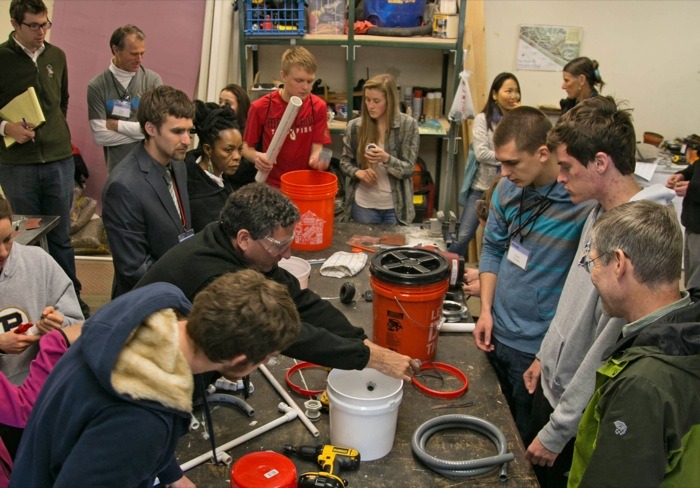
by Janice Kelsey | Apr 30, 2020 | Our Projects, United States
August 17, 2014 During the sustainability conference at Principia College we built a functioning mini digester out of paint buckets. It really works and not only teaches the principles but gives a few minutes of daily gas!...
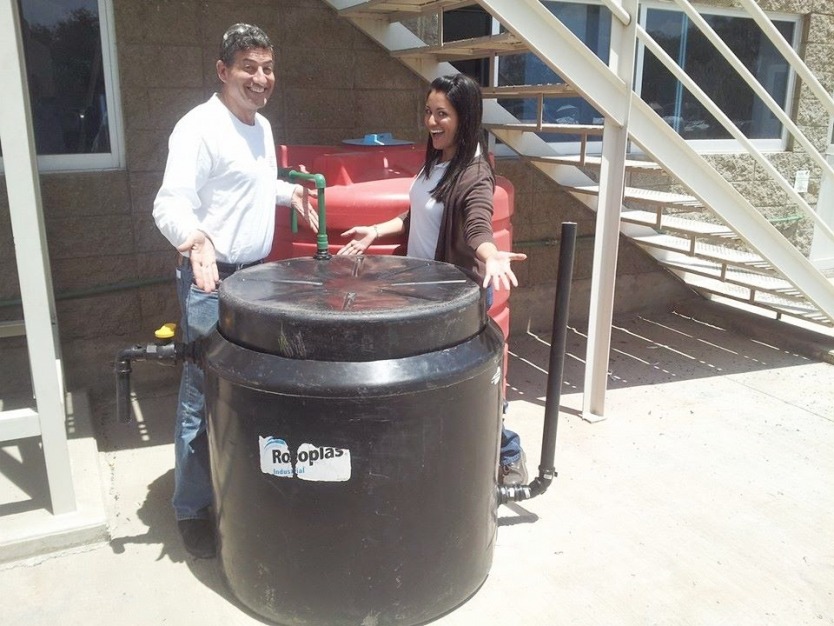
by Janice Kelsey | Apr 30, 2020 | North America, Our Projects
August 16, 2014 On a trip to Mexico, Rotoplas engineers surprised Culhane with a Solar CITIES-style modified ARTI digester. They had built the digester in anticipation of his visit. The digester included “microbial motels” to increase surface area....






